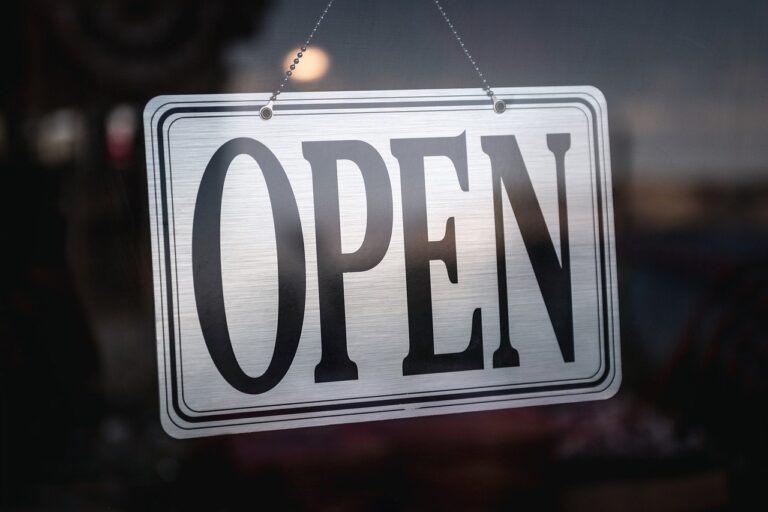The Capitol Report, produced by WisPolitics.com — a nonpartisan, Madison-based news service that specializes in coverage of government and politics — provides a weekly analysis of issues being debated in Wisconsin state government. It is underwritten by the WNA and produced exclusively for its members. WisPolitics.com President Jeff Mayers is a former editor and reporter for the Associated Press and a former political writer for the Wisconsin State Journal.
• Download this column as a Word document
• Download the WisPolitics.com logo
A new legislative session starts in January.
Same lineup as last time. A Democratic governor and a Republican-dominated Legislature.
The two sides are sending some post-election signals. Insiders are debating if there will be real cooperation or a repeat of the first four years of Evers in which he vetoed many GOP measures. A lot of lower-profile bills were passed and signed. But the high-profile stuff often was nixed by Evers, except of course that big Republican tax cut he signed.
But Evers, since beating GOP construction executive Tim Michels, says he can’t envision signing a budget next year that would lower the state’s top income tax rates as some Republicans have suggested post-election
He also expressed skepticism recently about Assembly Speaker Robin Vos’ suggestion that Republicans could provide Evers the funding boost for K-12 education he wants in exchange for universal school choice.
Vos, R-Rochester, after Nov. 8 didn’t define what universal school choice would entail. Meanwhile, Evers joined state Superintendent Jill Underly this fall in calling for a more than $2 billion boost in K-12 funding.
The Evers administration has previously said it expects a more than $5 billion surplus in the biennium that ends June 30.
“I want to see the numbers. But I don’t know how you can expand choice and fully fund schools,” Evers said while touring the Plumbers Union Local 75 Training Center in Madison for a career fair as part of
National Apprenticeship Week.
Senate Majority Leader Devin LeMahieu, R-Oostburg, told WisPolitics.com recently he’d like to work toward a flat tax in the upcoming session, including lowering the top rates after back-to-back budgets dropped the lowest brackets. He also raised the prospect of going to two brackets from the current four, which range from 3.54 percent to 7.65 percent.
The second-highest bracket is 5.3 percent and covers taxable income between $34,030 and $374,600 for married joint filers. The top bracket kicks in for income above that.
RELATED: Read more Capitol Report columns from WisPolitics.com
In August, Evers called for a 10 percent income tax cut for single filers at or below $100,000 in adjusted gross income and married joint filers at or below $150,000. He also proposed other cuts such as increasing the income limit for the Homestead Credit and restoring inflation to the reduction.
He said the budget he introduces early next year will “be looking at the middle class.”
Evers also didn’t rule out including tax hikes in the upcoming budget. The proposal he sent to lawmakers in early 2021 included net increases of nearly $1.1 billion. Of that, $505 million was from a proposed limit on the exclusion for capital gains and another $516.6 million was a proposed cap on the credit manufacturers can claim under the manufacturing and ag credit.
But after revenues projections were revised up dramatically, Evers signed a $2 billion tax cut that GOP lawmakers added to the budget.
Evers declined to say what tax increases he might propose in the budget.
Joint Finance Co-chair Mark Born, R-Beaver Dam, signaled Republicans would oppose any tax hikes Evers may propose.
“For over a decade Wisconsin Republicans have worked to return more tax dollars to hard-working Wisconsinites, and we aren’t going to let our state go backwards with tax increases,” he said.
Along with education, Evers said infrastructure will be another priority in his budget.
“We can’t just say, well, the Biden money is going to come in and take care of that because that’s not the case,” Evers said, referring to the federal bipartisan infrastructure package the president signed
this year. “We need to make sure our infrastructure is strong, fix our roads, all the things we did last time.”
White House officials say $2.7 billion in Bipartisan Infrastructure Law funding has been announced so far for Wisconsin.
For more, visit WisPolitics.com
The Capitol Report is written by editorial staff at WisPolitics.com, a nonpartisan, Madison-based news service that specializes in coverage of government and politics, and is distributed for publication by members of the Wisconsin Newspaper Association.
Copyright © WisPolitics.com



